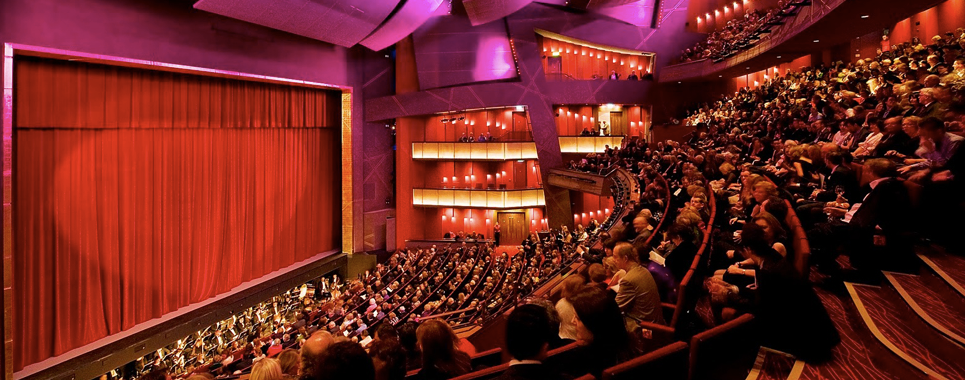We love that the first comprehensive analysis of the theatrical world in London shows the significance and variety of London theatre, according to the London Theatre Report, 2014. In fact, the Mayor of London Boris Johnson said, 'London is without doubt the theatre capital of the world. From the bright lights of the West End and our thriving fringe, to the rise of immersive theatre in the unlikeliest of places, the quality, variety and breadth on offer here is unrivalled. Employing thousands and bringing in almost £620 million a year, theatre is also hugely important to our economy. This timely report puts the spotlight on the economics of the sector and provides food for thought about what is needed to ensure we enjoy many more encores for years to come.”
Here are some interesting facts on the London theatre world these days…
• London has 241 professional theatres with a seating capacity of more than 110,000
• In 2012/13, more than 22 million people attended London theatre performances
• In 2012/13, London theatre took £618.5m at the box office, more than was taken by London cinemas
• Theatres range in size from the 30-seat Lord Stanley Pub to the 3,600-seat Hammersmith Apollo
• At any one time, London’s theatres engage more than 3,000 performers. In addition to this, there are more than 6,500 full-time non-performing staff employed by London theatres, with a further 5,000+ part-time staff and 5,000+ freelance staff
• In 2012/13, the average theatre ticket price paid in London was £27.76. This was down on 2011/12.
How cool is that? The London Theatre Report, the first quantitative analysis of the capital’s multi-faceted theatre ecology, indicates that London is the most significant theatre capital in the world, with a huge variety of types and sizes of theatre across London’s boroughs. The report has been commissioned by the National Theatre and the Society of London Theatre ‘SOLT’ and is authored by Alistair Smith.
The author worked closely with key figures from the London theatre industry – Nick Starr (National Theatre Executive Director), Julian Bird (Chief Executive of SOLT), Mark Rubinstein (Independent producer and former SOLT President), Kate Horton (Independent producer and former National Theatre Deputy Executive Director), Matthew Byam Shaw (Independent producer) and David Brownlee (UK Theatre Executive Director).
The London Theatre Report has, for the first time, confirmed the size and shape, health and vibrancy of the London theatre sector and provides a baseline for future analysis and we can’t wait to see a show there soon.

